Publications
Articles, publications, books, tools and multimedia features from the U.S. Institute of Peace provide the latest news, analysis, research findings, practitioner guides and reports, all related to the conflict zones and issues that are at the center of the Institute’s work to prevent and reduce violent conflict.
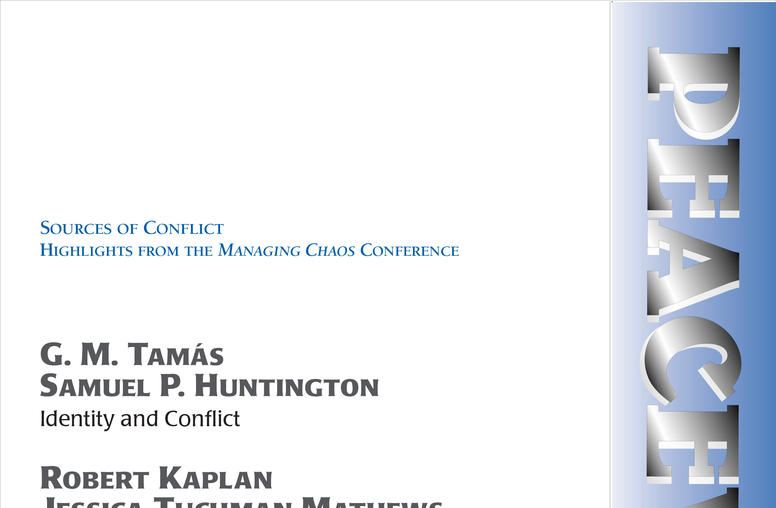
Sources of Conflict: Highlights from the Managing Chaos Conference
The choice of the term "chaos" could hardly be regarded as a choice beyond controversy. The choice was made in part to acknowledge the debate surrounding the term that surfaced during 1994 and continues apace. Spurred primarily by events in Somalia, Haiti, Bosnia, and Rwanda (and the international community's less-than-perfect responses to them), this debate centers on the question of whether the forces of order in the world are not in fact being overwhelmed by increasing and increasingly nov...
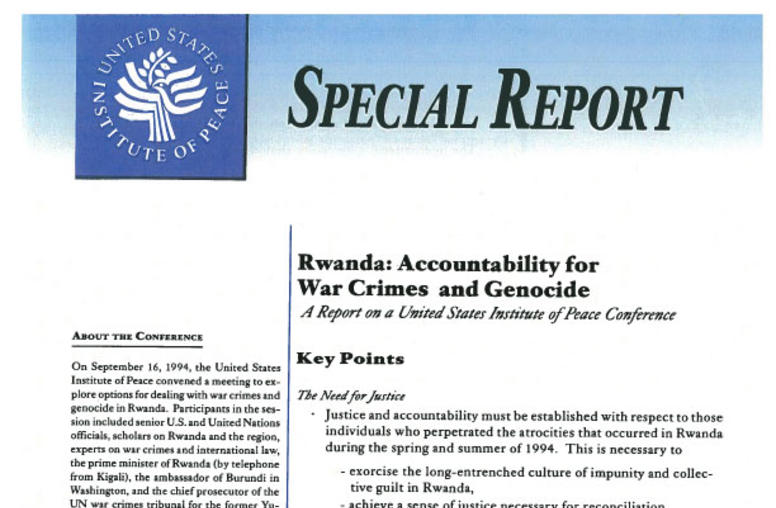
Rwanda: Accountability for War Crimes and Genocide
Before 1994, Rwanda was the most densely populated country in continental Africa. Between April and August 1994, that statistic shifted radically, as Rwanda lost 20 percent to 40 percent of its population to slaughter or exile.
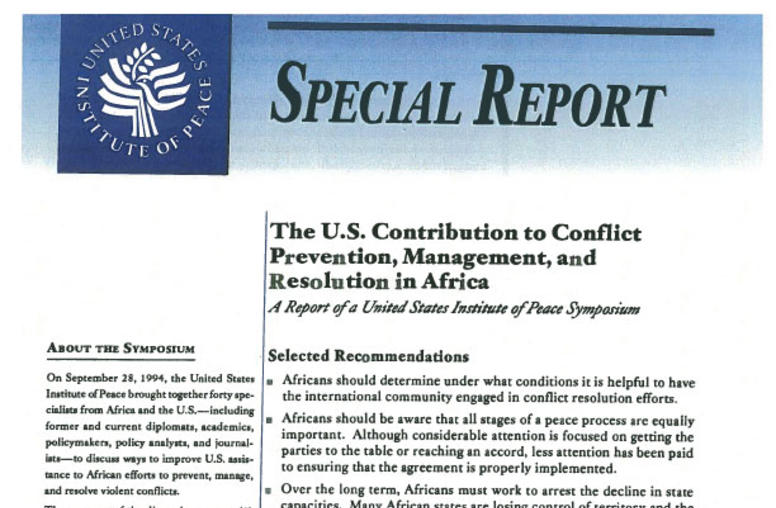
The U.S. Contribution to Conflict Prevention, Management, and Resolution in Africa
The failure of the United Nations peacekeeping mission in Somalia (UNOSOM II) to build a new state in that war-ravaged country, after the costly U.S. military intervention is often viewed as a critical lesson about the problems associated with the international community's attempts to resolve conflict in Africa. Thus, when genocidal strife erupted in Rwanda in 1994, causing millions of Rwandans to flee into neighboring countries, there was a strong reluctance to allow U.S. forces to become e...
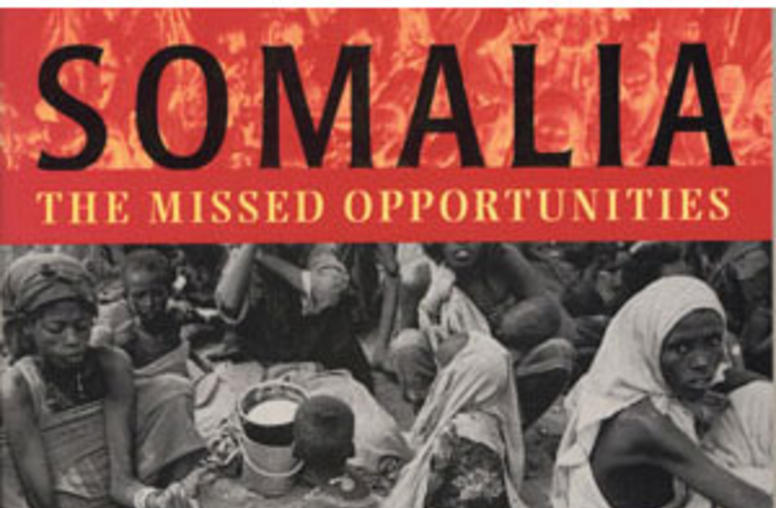
Somalia - The Missed Opportunities
By 1992, starvation, disease, and death had engulfed Somalia and its people. Plagued by the violence of civil war, Somalia had become a country with few resources and great despair—electricity, communications, transportation, health services, and food were all in short supply.
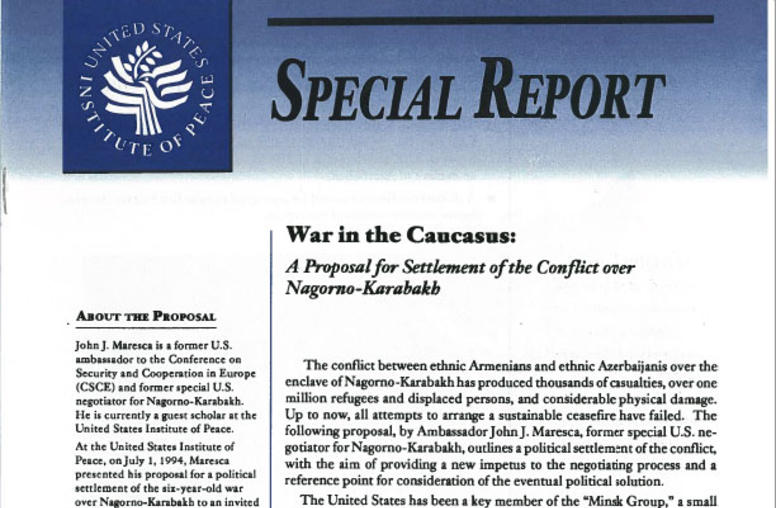
War in the Caucasus: A Proposal for Settlement of the Conflict over Nagorno-Karabakh
The conflict between ethnic Armenians and ethnic Azerbaijanis over the enclave of Nagorno-Karabakh has produced thousands of casualties, over one million refugees and displaced persons, and considerable physical damage. Up to now, all attempts to arrange a sustainable ceasefire have failed. The following proposal, by Ambassador John J. Maresca, former special U.S. negotiator for Nagorno-Karabakh, outlines a political settlement of the conflict, with the aim of providing a new impetus to the n...
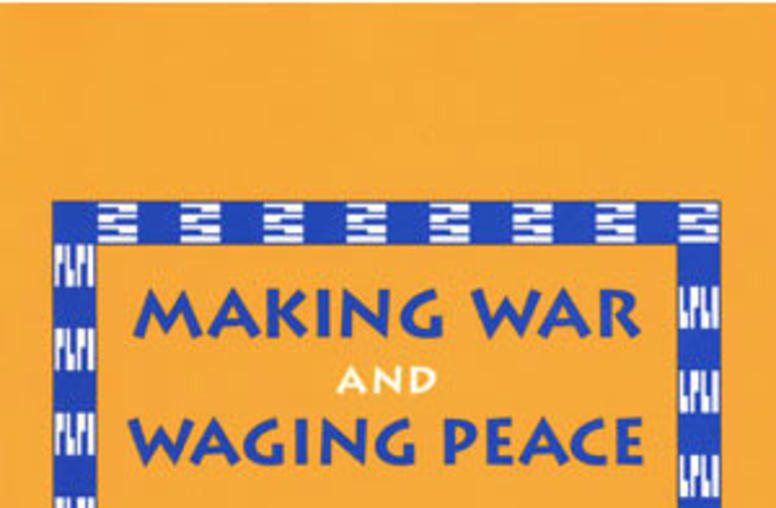
Making War and Waging Peace
This volume focuses on the role and effectiveness of external intervention in sub-Saharan Africa, primarily during the 1980’s. The authors include a range of Western and African scholars and policymakers with extensive experience in Africa.
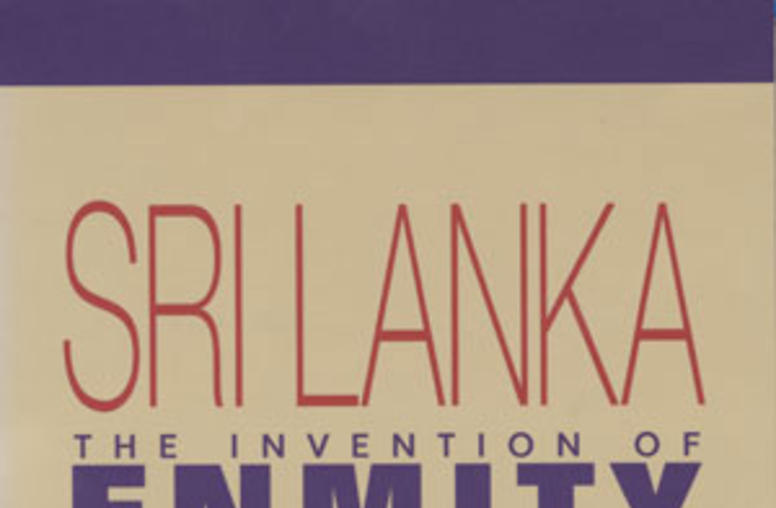
Sri Lanka - The Invention of Enmity
For over two millennia, the Buddhists and Hindus of Sri Lanka (formerly Ceylon) lived together in relative peace. But in the twentieth century, this small island republic off the coast of India has been wracked by recurrent violence and ethnic tension.
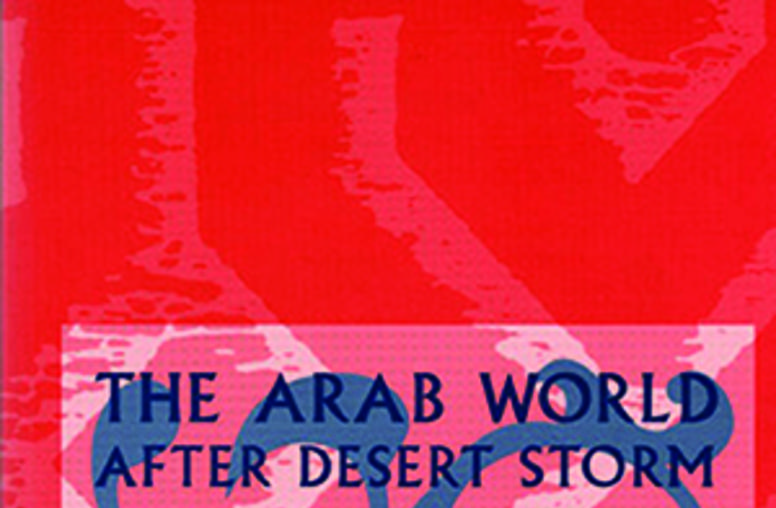
The Arab World After Desert Storm
"In many ways the Gulf War has been a disaster for the Arab World" says the author of this fact-filled, carefully balanced, and yet provocative study.
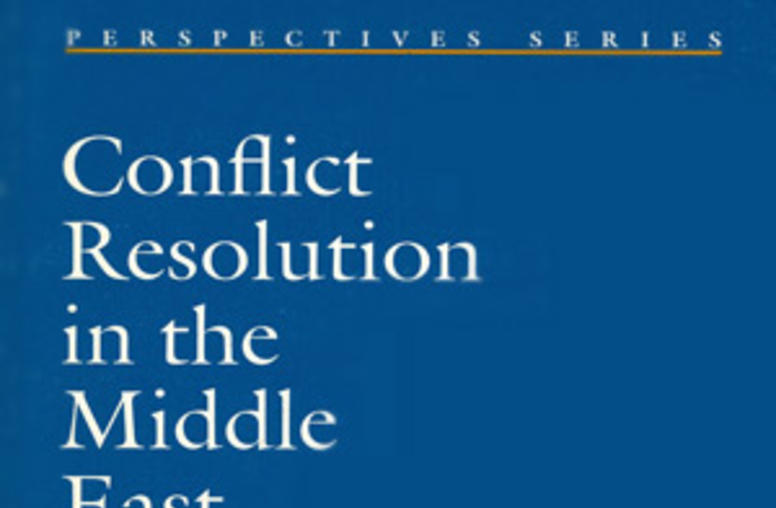
Conflict Resolution in the Middle East
This volume presents a description of that exercise and its implications for peacemaking and conflict resolution in the Middle East, a discussion of simulations and their utility for diplomats and for the field of conflict resolution, and a discussion among the participants of prospects for the overall Middle East peace negotiations.
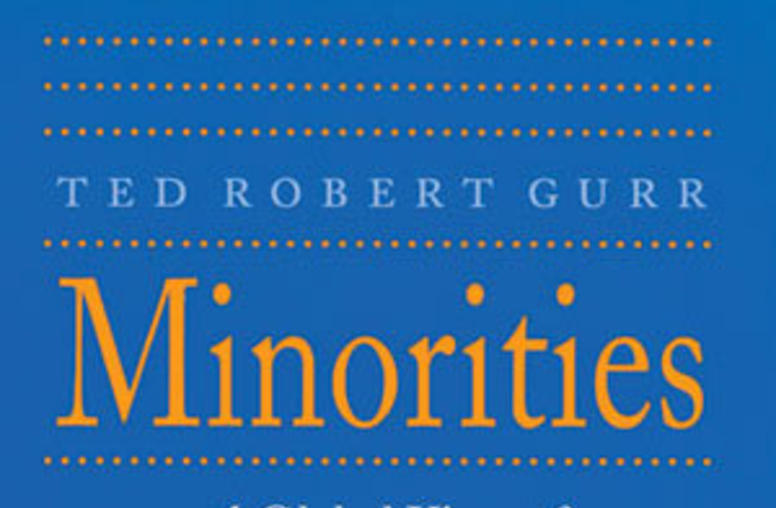
Minorities at Risk
The turmoil in Yugoslavia, the rebellions of the Kurds and Shi’is in Iraq, the ongoing struggle in South Africa—ethnic conflict continues unabated in many areas of the world. To help us understand the persistence of such conflict, this pioneering work analyzes ethnopolitical conflict in every region of the globe. An ambitious and unprecedented effort, it provides a comprehensive survey of 233 politically active communal groups, plus in-depth assessments of ethnic tensions in the western democ...